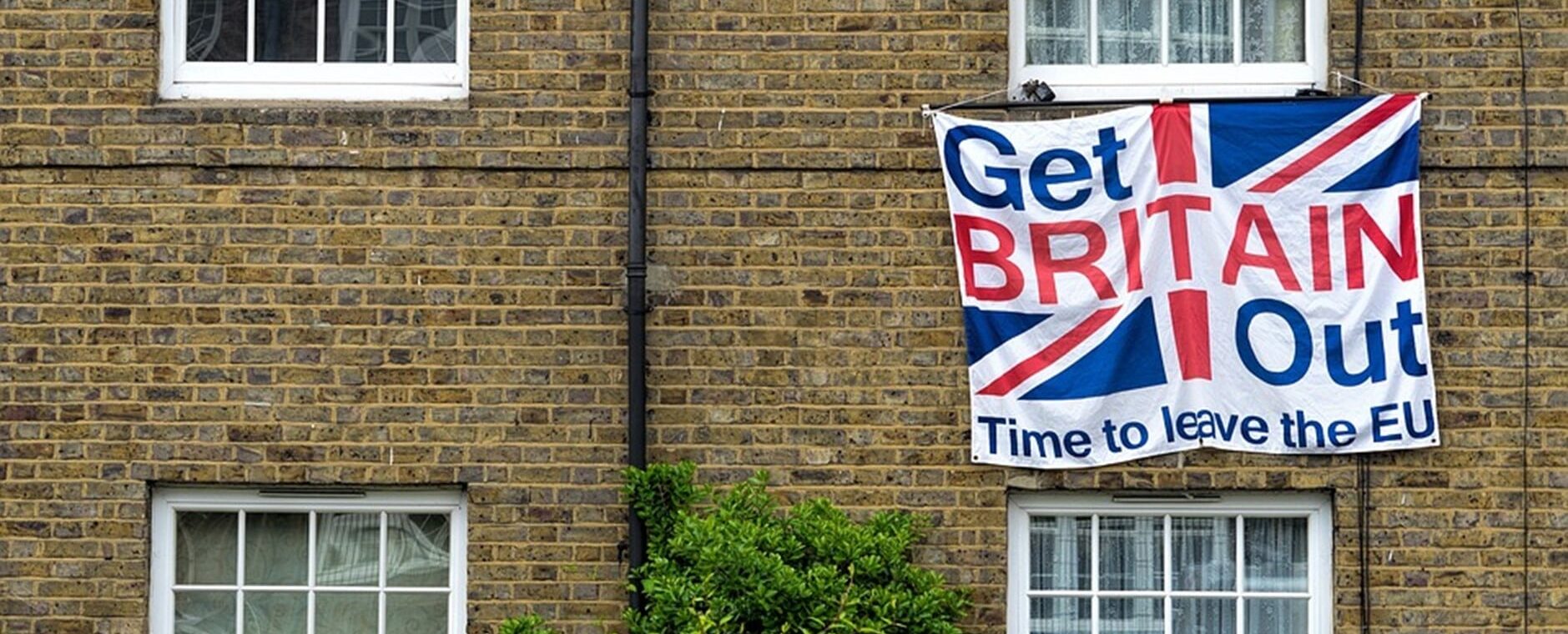7/1/21
So, it’s officially happened. Four years after a particularly divisive EU membership referendum, the UK finally has its Brexit.
As the clock struck 11pm in London on New Year’s Eve, the transition period came to an end and the UK exited the EU’s single market and customs union. On January 1st, the UK awoke to its first glimpse of what life will be like going it alone.
Looking back, the 2016 referendum marked the beginning of a turbulent political and economic era. As well as effectively ending the careers of successive Prime Ministers, the fallout polarised the nation, gave way to a rise in xenophobia and misinformation, and strained relations with the EU. Things may not have improved enormously since then, but the historic deal was nevertheless heralded by Boris Johnson as an “amazing moment for the country” in his public address on New Year’s Day.
In certain circles, the unceremonious departure was celebrated. “Time to raise a glass,” tweeted arch Brexiteer Nigel Farage. Others were less optimistic. Outside the British embassy in Brussels, a gathering of expats held a candlelit vigil and sang the Scottish farewell song Auld Lang Syne.
Despite bracing for departure since 2016, Britain’s long-awaited trade deal with the European Union leaves many questions unanswered. As the Brexit saga enters a new chapter, restrictions, limitations, red tape, added costs and a large serving of uncertainty still dominate the conversation.
So, what now? Well that remains to be seen. Supporters of Brexit will claim the new deal claws back national independence from the EU, but critics observe how it threatens to reverse decades of integration, harms the country’s economy and tarnishes its international standing.
Brexit is likely to have constitutional repercussions for the United Kingdom too. The bitter debate has undermined the union of nations that make up the UK, with support for independence re-emerging in Scotland. Leader Nicola Sturgeon tweeted “Scotland will be back soon, Europe. Keep the light on.”
The relationship between London and Brussels will now be reset. Importantly, the deal negotiated averts the prospect of a chaotic split, ensuring goods can continue to travel between the UK and the EU without tariffs or quotas. In essence, it is a slim free-trade pact with agreements on a range of issues including energy, transport and police and security cooperation.
But the UK’s departure from Brussels’s orbit will nevertheless bring about a raft of new rules and regulations for businesses, with companies of all shapes and sizes facing new costs and paperwork, customs declarations, border checks, visas and insurance – not to mention the added time and effort new processes will take to implement. Many businesses are still waiting on vital decisions about how they will trade with the EU in the post-Brexit era, with some of the toughest issues yet to be settled.
The London Chamber of Commerce and Industry (LCCI) welcomed the trade agreement but conceded that there are still “unknown” consequences from the deal. Richard Burge, the Chief Executive of the LCCI, said that businesses will need time to “ascertain where the real-term impacts of Brexit may lay for them, their supply chains and customers.”
The end of the transition period means widespread changes for Britons on freedom of movement; with similar challenges facing Europeans who have settled in the UK.
In London, which voted strongly to remain in the EU in Britain’s 2016 referendum, there is little enthusiasm for the latest developments.
Home to more than 1 million Europeans as well as the majority of the UK’s migrant population, the changes to freedom of movement will be most acutely felt in the UK’s capital.
EU citizens already living in the UK have until 30 June 2021 to apply to stay under the EU Settlement Scheme, and since the scheme launched on August 2018, 4.48 million EU citizens have done just that. Of those, 3.8 million have been given grants of status.
This enormous figure alone suggests that curtailing the right to live, work and travel freely threatens the very thing that makes London the multicultural melting pot it is today.
This is undoubtedly a monumental moment for the UK and the EU. Whilst there will be many more twists and turns in the road ahead, it finally sets in stone much of what has been years in the making.
Wherever negotiations lead, it is important to remember that behind the partisan politics, power plays and statistics lie real families, business owners and people. Hopefully at the end of the bumpy road ahead lies a solution fit for everybody’s needs.









